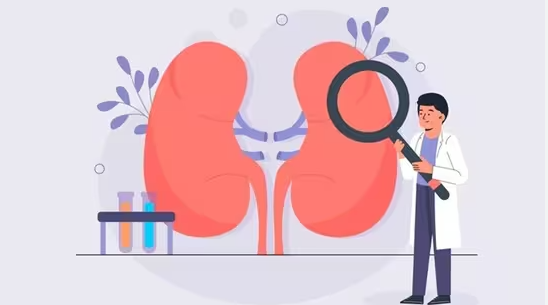A recent study has uncovered a potential connection between tooth loss and chronic kidney disease (CKD) in postmenopausal women, highlighting the complex interplay between oral health and kidney function. The study, published in Menopause, the journal of The Menopause Society, emphasizes the importance of maintaining both oral and kidney health to prevent severe medical conditions.
The kidneys play a vital role in maintaining overall health by filtering waste from the bloodstream. When kidneys fail to filter these substances effectively, it can lead to serious, often life-threatening health issues. The study’s findings indicate that there is a significant relationship between tooth loss and chronic kidney disease, particularly in postmenopausal women.
Hormonal Changes and Health Risks. Postmenopausal women experience a decline in kidney function over time, largely due to lower levels of reproductive hormones. These hormonal changes can lead to abdominal obesity, a known risk factor for both tooth loss and the development of CKD. The decline in kidney function, measured by the glomerular filtration rate (GFR), is a critical indicator of kidney health.
Impact on Multiple Health Aspects
Kidney disease has numerous adverse effects, including an increased risk of bone and cardiovascular problems. Similarly, tooth loss is not just an indicator of poor oral health but is also linked to systemic diseases such as diabetes, thyroid disease, and osteoporosis. It is independently associated with a higher risk of stroke. Excessive tooth loss can impair essential functions like chewing and speech, further complicating an individual’s health status.

Study Insights
The study involved nearly 65,000 participants and is the first to evaluate the association between CKD and tooth loss specifically in postmenopausal women across different ages. The findings reveal that a lower GFR is significantly associated with having fewer than 20 out of a total of 28 adult teeth. This association is particularly pronounced in postmenopausal women aged 66 to 79 years, suggesting that CKD and tooth loss are significantly interrelated in this demographic.
Preventative Measures
The study underscores the need for preventing and managing mineral and bone metabolism disorders in postmenopausal women with CKD to prevent tooth loss. Addressing the progression of kidney disease is crucial as its consequences extend beyond oral health, affecting multiple body systems.
Expert Opinions
Dr. Stephanie Faubion, the medical director for The Menopause Society, highlights the study’s significance, noting the well-established link between CKD and bone metabolism. She stresses the importance of increased attention to both oral and bone health in postmenopausal women with CKD. Faubion advocates for meticulous efforts to preserve kidney function and emphasizes that good oral hygiene is essential for women of all ages, as oral health is a window to overall health.
Conclusion
The study, titled “Chronic kidney disease in postmenopausal women is associated with tooth loss,” provides compelling evidence that maintaining kidney function and oral health is crucial for preventing severe health complications in postmenopausal women. The findings suggest a need for integrated healthcare approaches that address both kidney and oral health to improve the overall well-being of postmenopausal women.

